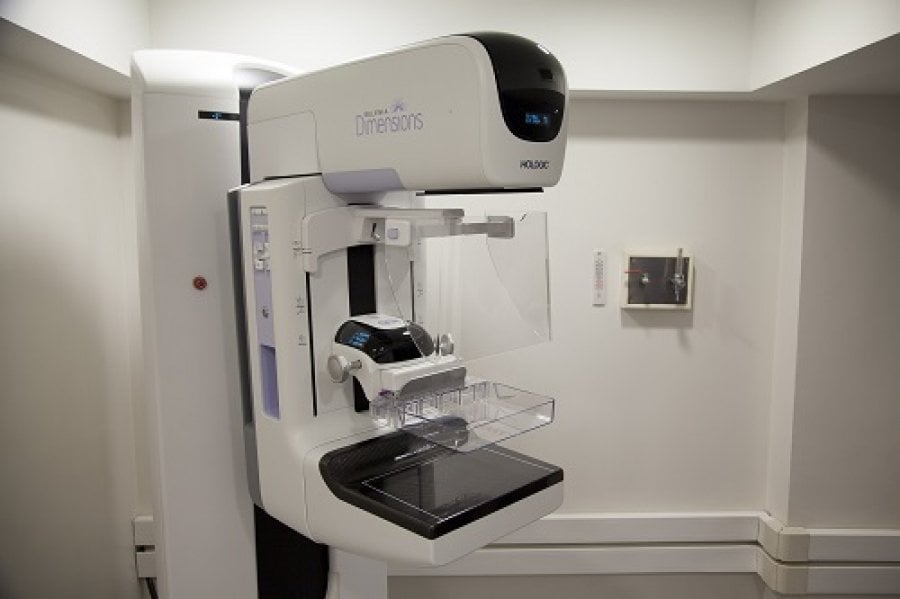Breast screening IT error – expert comment
3 May 2018 London School of Hygiene & Tropical Medicine London School of Hygiene & Tropical Medicine https://lshtm.ac.uk/themes/custom/lshtm/images/lshtm-logo-black.png
On 2 May 2018 the Secretary of State for Health and Social Care, Jeremy Hunt, launched an inquiry after an IT error meant 450,000 women in England aged 70 to 79 missed crucial breast cancer screenings.
Responding to the news, Dr Michel Coleman, Professor of Epidemiology and Vital Statistics, and Head of the Cancer Survival Group, at the London School of Hygiene & Tropical Medicine, said:
“The report that 450,000 women aged 68-71 have not been invited to their last NHS breast screen since 2009, with potentially life-changing consequences for up to 270 women and their families, is a cause for serious concern. The fault is currently blamed on an IT failure, but the inquiry ordered by Health Secretary Jeremy Hunt will probably blame inefficiencies caused by pressure of work and lack of resources.
“It was reported recently that the Health Secretary had pleaded unsuccessfully with the Prime Minister to allow more doctors to enter the UK to meet the increasing needs of the NHS. A year ago, he said there was no excuse for the record numbers of people waiting more than two months to start cancer treatment after urgent referral, and was quoted as saying: ‘I am doing this job because I want NHS care to be the safest and best in the world’.
“Then it is surely time the Health Secretary told the Prime Minister to reverse the NHS funding squeeze imposed since 2010. What the government calls ‘efficiency savings’ are recognised by everyone else as drastic cuts. The solution is clear enough.”
About the Cancer Survival Group
The Cancer Survival Group’s research is designed to explain trends and inequalities in cancer survival between socio-economic, racial and ethnic groups of the population. The team study trends and differences in survival between regions and countries in the UK and world-wide. The results help policy-makers target investment in cancer services to improve survival and reduce inequalities. In 2015, their survival estimates informed the new national cancer strategy (Achieving world-class cancer outcomes: a strategy for England 2015-2020).
LSHTM's short courses provide opportunities to study specialised topics across a broad range of public and global health fields. From AMR to vaccines, travel medicine to clinical trials, and modelling to malaria, refresh your skills and join one of our short courses today.